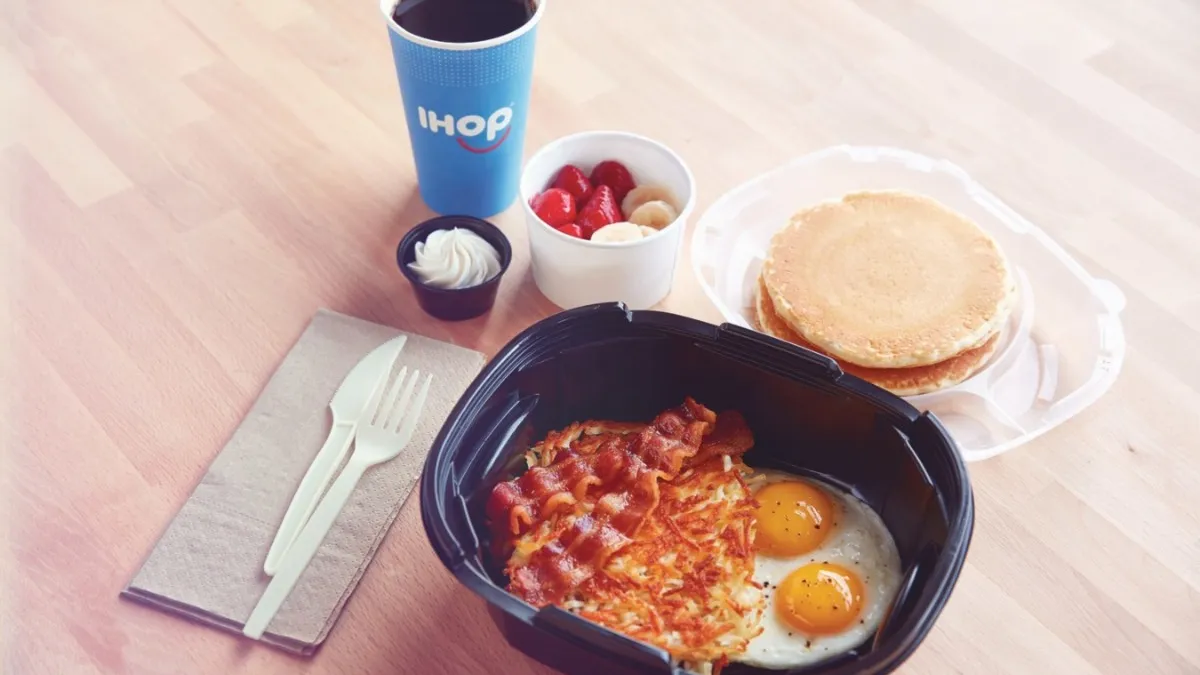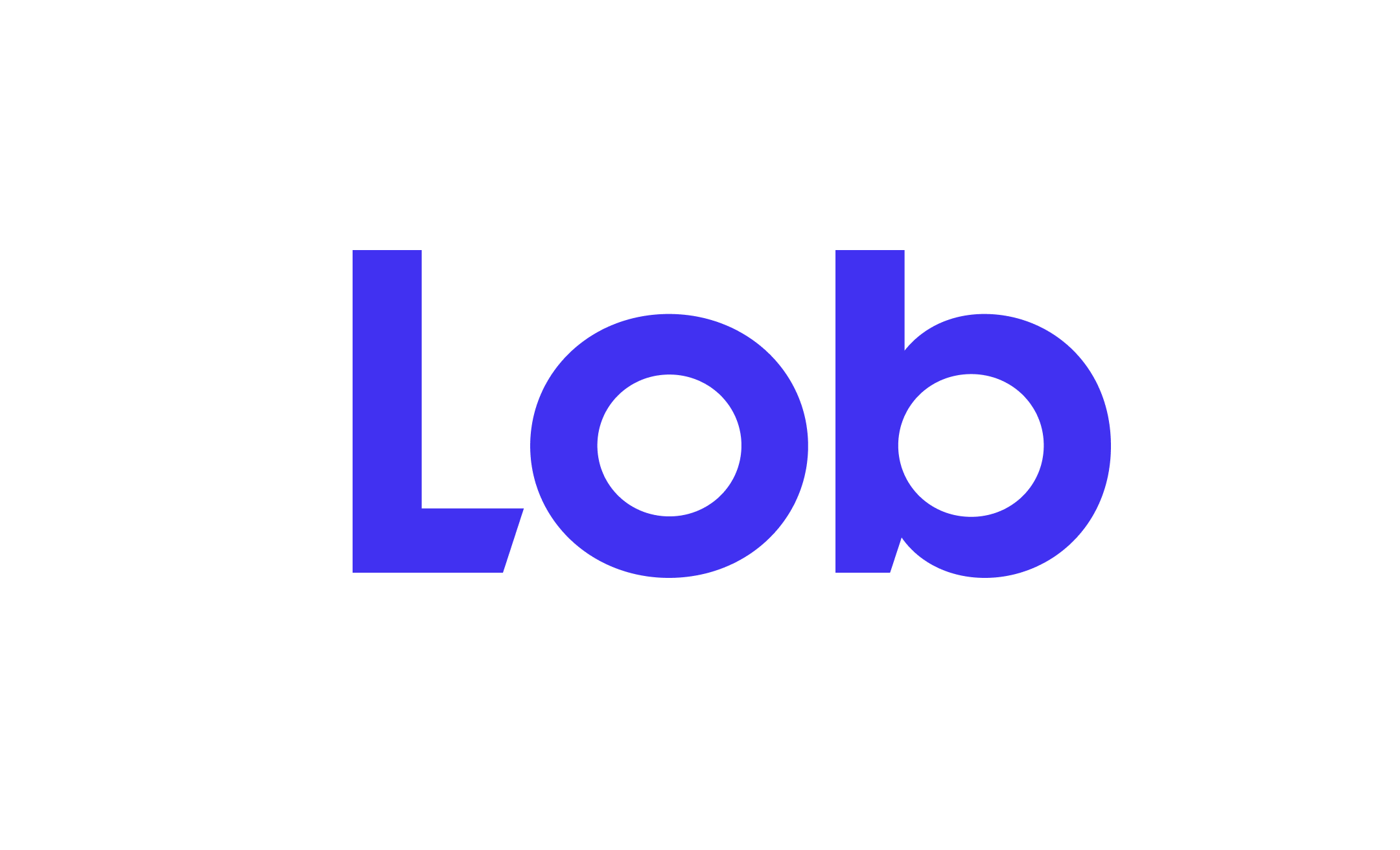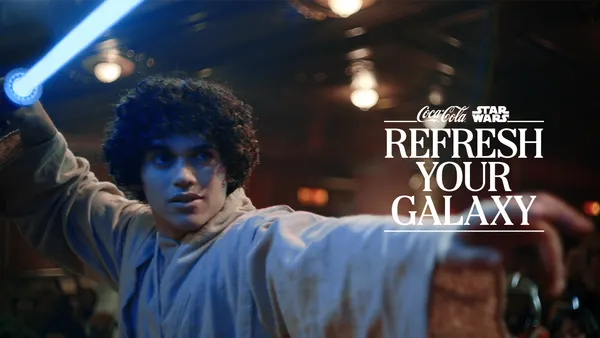Dive Brief:
- IHOP plans to launch a new loyalty program in Q4 and is evaluating the addition of virtual brands, IHOP president Jay Johns said during parent company Dine Brands' Q2 earnings call on Thursday.
- Comparable sales at the chain improved to negative 3.4%, which was an improvement of 17.8 percentage points compared to the first quarter, Johns said. The brand also outperformed the family dining category in Q2, according to Black Box Intelligence data cited in the call.
- After stalling growth plans and seeing sales declines during the pandemic, IHOP continues to experiment to restart growth, including launching its first fast casual in July.
Dive Insight:
While IHOP is currently in the "preliminary stage" of determining its virtual brands strategy, Johns noted during the earnings call the breakfast chain's infrastructure strongly supported the model, with 70% of its domestic restaurants including two full kitchens.
"We're currently reviewing our daypart strategy and assessing how to best utilize our existing capacity," Johns said during the call, adding that off-premise sales have remained strong even as dining room restrictions lifted. IHOP's off-premise sales accounted for 26.1% of the sales mix in Q2, down from 33.3% in the first quarter — an expected dip as diners returned to restaurants, he said.
IHOP has an advantage of sharing a parent company with Applebee's and could pull a page from that chain's playbook to get a virtual brand or more off the ground. Applebee's launched the virtual Neighborhood Wings by Applebee's in May 2020, which the company moved away from when it launched Cosmic Wings in February 2021. At the time of the launch, Cosmic Wings was available exclusively on Uber Eats.
Applebee's, however, has hit a bit of a supply chain roadblock. The company planned to expand its Cosmic Wings concept to DoorDash, but those plans have been postponed due to chicken wing supply challenges, Applebee's President John Cywinksi said during the call. Such issues will likely be something IHOP can be mindful of if or when it jumps into the virtual restaurant space.
Virtual brands could also eventually fold into IHOP's new unit growth, which includes a plan of 40 to 50 new restaurants this year and also includes its fast casual Flip'd model and a smaller footprint prototype it plans to test.
A virtual brand, or brands, would also boost IHOP's digital and off-premise capabilities even more as the model is facilitated by delivery orders, which accounted for nearly 14% of the chain's sales mix in Q2. Its imminent loyalty program could also provide a digital tailwind for the chain. Its current MyHop program offers free pancakes and special deals to members, but Johns did not lay out details of what a new loyalty program would look like yet.
"Our goal is to drive trial and importantly incremental visits from existing IHOP guests," Johns said, adding that the pandemic was a major impetus behind this launch. "[It] forced us to reflect and refocus our relationships with our guests within a transforming restaurant industry."
Those guests want loyalty programs from their favorite brands, and nearly 50% of diners now use at least one such program — an increase of 12% from January through April. Forty-seven percent of Rewards Network survey respondents believe reward incentives are more important than they were pre-pandemic.
The rise of loyalty programs has boosted bottom lines so far. During Yum Brands' Q2 call last week, it was reported that Taco Bell Rewards members spent 35% more at the company compared to their pre-loyalty behavior. Chipotle's rewards program represents about 25% of its customers, who have a higher ticket and higher frequency, according to CEO Brian Niccol.














